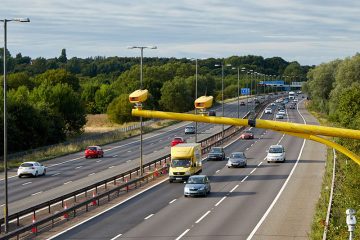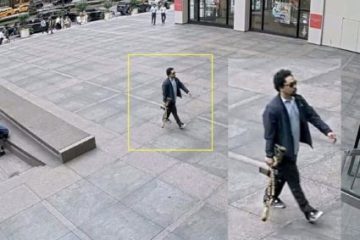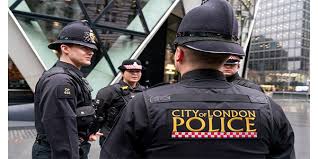Neil Basu: A Key Figure in Modern Policing

Introduction
Neil Basu, one of the most prominent figures in British policing, has recently been in the spotlight for his contributions to law enforcement and community safety. His background as a senior police officer has paved the way for discussions around diversity, leadership, and the evolving nature of policing in the United Kingdom. With a career spanning over three decades, Basu’s insights and initiatives resonate with ongoing societal changes, making his role increasingly relevant in contemporary discourse.
Career Highlights
Neil Basu, currently the Assistant Commissioner of the Metropolitan Police Service, has served in various capacities over the years, including his role as the national policing lead for counter-terrorism. Basu’s leadership during significant events, such as the London Bridge attack in 2017 and his work on public safety initiatives during the COVID-19 pandemic, highlight his commitment to both public safety and community engagement. Moreover, he was the first person of South Asian descent to lead the counter-terrorism unit in Britain, marking a significant step forward for diversity in police leadership.
Current Challenges and Initiatives
Recently, Basu has been vocal about the challenges facing law enforcement in the wake of rising crime rates and the need for improved community relations. In his public addresses, he has emphasised the importance of transparency and trust between police forces and local communities. In 2023, he launched a series of community engagement projects aimed at bridging gaps and fostering dialogue among diverse groups. This initiative reflects his understanding that effective policing must be rooted in collaboration and community respect.
Additionally, Basu has advocated for increased investment in mental health resources for police officers, recognising the often overlooked pressures they face. His efforts to promote officer wellbeing highlight his holistic approach to law enforcement.
Conclusion
Neil Basu continues to be a pivotal figure in the landscape of British policing, embodying the proactive leadership and community-focused approach that modern law enforcement demands. As society navigates complex issues related to crime and safety, Basu’s influence is likely to shape the future of policing in the UK. This underscores an essential message for readers: leadership in policing involves more than authority; it requires a dedication to community engagement, diversity, and the mental wellbeing of officers. Moving forward, Basu’s initiatives may serve as a model for how police forces can adapt to meet the challenges of the 21st century, fostering a safer and more inclusive society for all.









